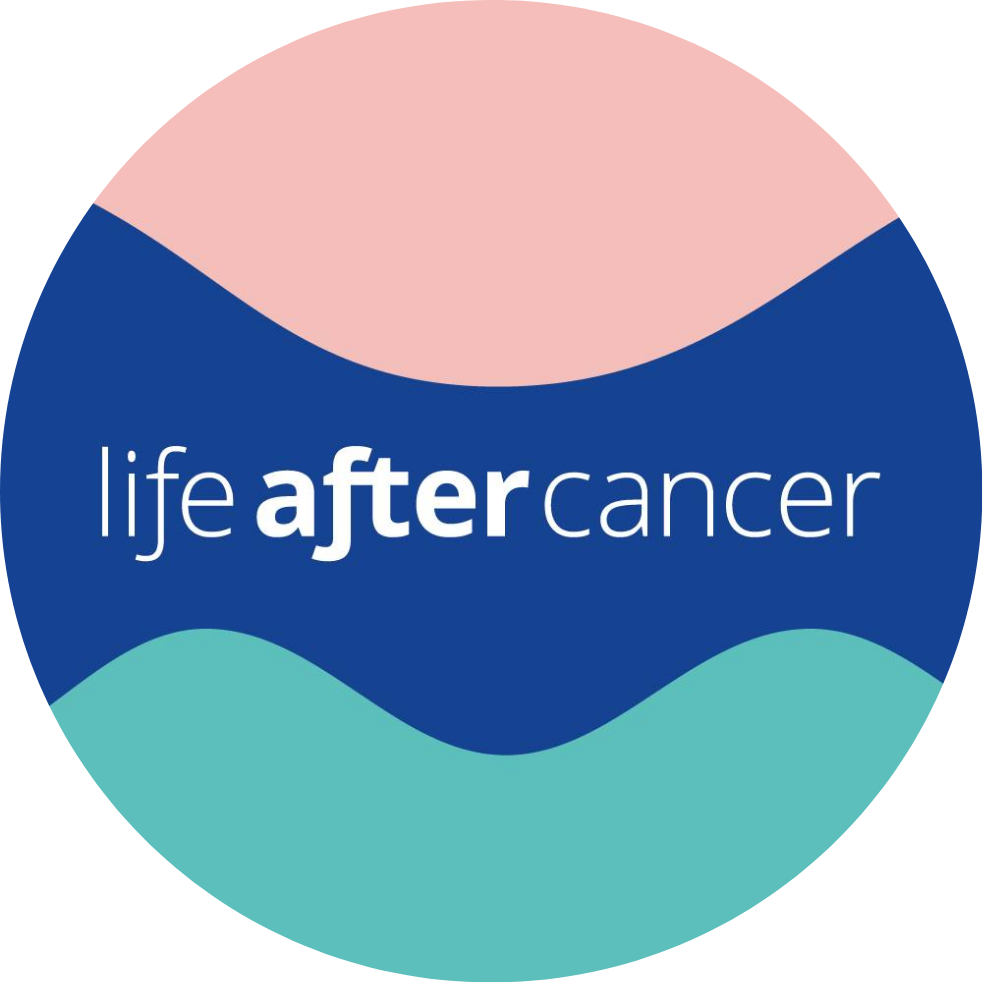Menopause After Cancer: Practical CBT Strategies to Ease Symptoms
- Life after Cancer

- Oct 8, 2025
- 3 min read
Menopause after cancer can feel especially challenging, whether symptoms are triggered by treatment or arrive naturally.
Hot flushes, night sweats, anxiety, and disrupted sleep can all affect how you feel day to day. But there are practical ways to manage these changes and feel more in control.

As part of our ongoing series of expert-led sessions, clinical psychologist Dr Melanie Smith joined us to explore how CBT (Cognitive Behavioural Therapy) can support those experiencing menopause after cancer.
The session looked at how menopause symptoms, wellbeing, and coping strategies all fit together, and how developing a calm, self-supportive approach rooted in self-compassion can help you feel more in control.
Dr Melanie shared a few simple approaches that can make symptoms feel less overwhelming and easier to live with day to day.
Session Takeaway: Managing Menopause after Cancer with CBT
Hot flushes and night sweats can feel overwhelming, especially after cancer treatment. CBT shows that changing the way we respond can make coping easier.
By understanding and breaking the cycle - noticing anxious thoughts, calming the body, and practising more balanced responses - symptoms can feel less disruptive.
Helpful CBT Approaches for Managing Menopause after Cancer

Reframing unhelpful thoughts into calmer more supportive ones
(e.g. “Oh no I can’t cope” → “Let’s see how well I can deal with this one, one flush at a
time”)
Practising paced breathing
Paced breathing is a slow and steady stomach-based breathing technique that calms the body’s stress response. Try a paced exercise here.
Building small relaxation practices into daily life
Incorporate short relaxation exercises so they are easier to use when symptoms occur.
Expert Insight from Dr Melanie Smith
As well as the practical tools above, we asked Dr Smith: “When it comes to managing menopause symptoms after cancer, what technique do you think is the most beneficial?”
She shared this:
"Stress and poor self-care can make symptoms worse. Many women are so busy spinning plates and caring for others, we end up saying ‘yes’ while thinking ‘no.’ This keeps stress high and self-care low."
"If you take one thing away, it’s this: give yourself permission to say no and try it out."
"It can feel really challenging at first and it takes time to get comfortable with. But once you practise, it can make a real difference - easing symptoms and giving you back time for your own wellbeing. CBT can help you build and strengthen this skill.”
The Power of Self-Compassion after Cancer
Dr Smith's reminder brings the focus back to self-compassion. Alongside CBT strategies, giving yourself permission to pause, set boundaries, and care for your own wellbeing is a powerful step in managing menopause symptoms after cancer.
With regular practice, these techniques can:
Reduce anxiety
Help you feel calmer
Make hot flushes and night sweats easier to manage
This session was a gentle reminder that how we respond and how much care we allow ourselves can make a real difference.
We’d like to say thank you to everyone who joins us and to our experts who share their time and insight each month.
Have you given any of these tips a try? We’d love to hear what’s been helpful for you.
Navigating Life After Treatment: Where to Find Support
If life after cancer feels more difficult than expected, you are not alone.
We regularly invite experts to share evidence-based information and practical tools for life after cancer. Visit our Events page to explore our free sessions and see what's on this month.
Subscribe to our newsletter to find out about upcoming events, receive expert resources on post-cancer challenges, and hear the latest from our community.








Comments